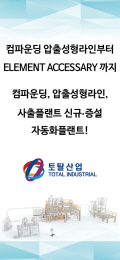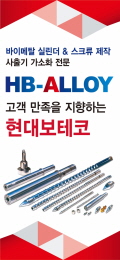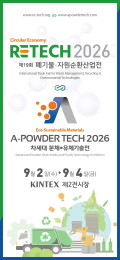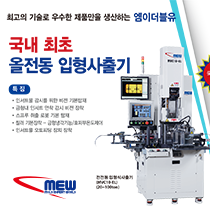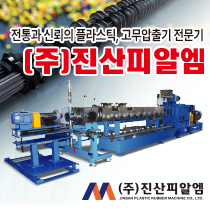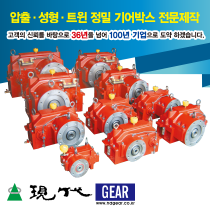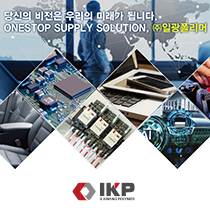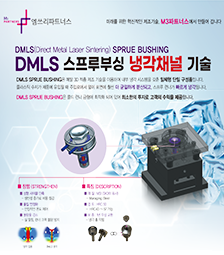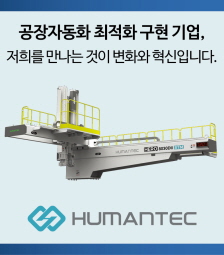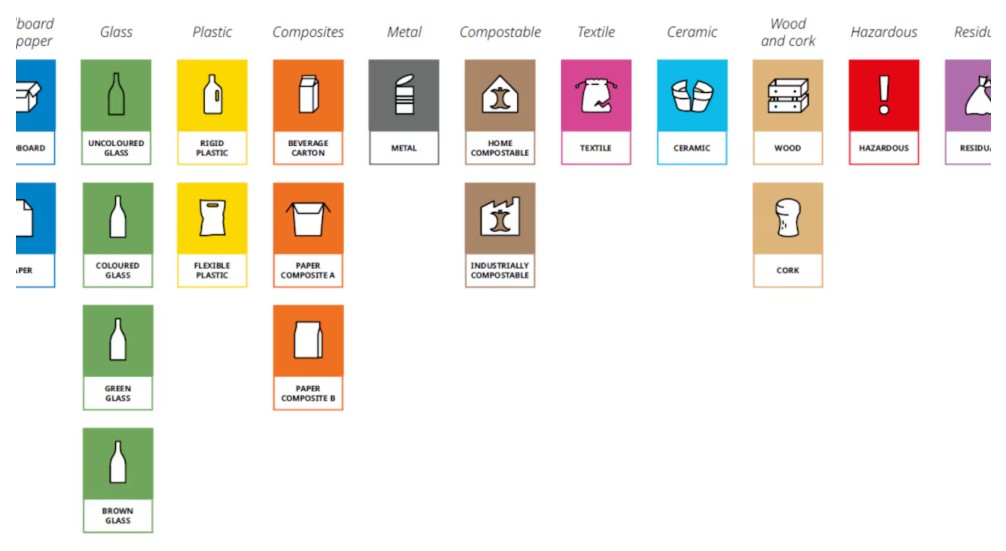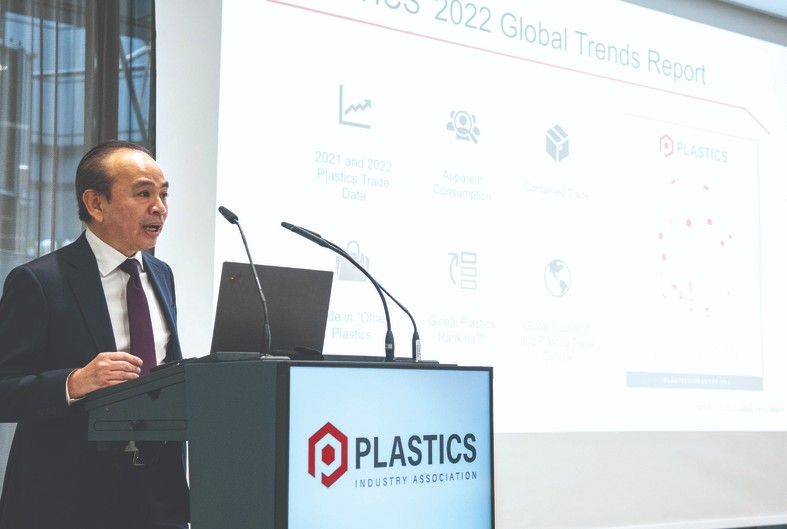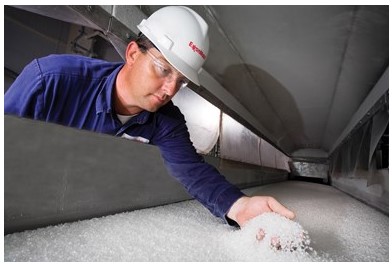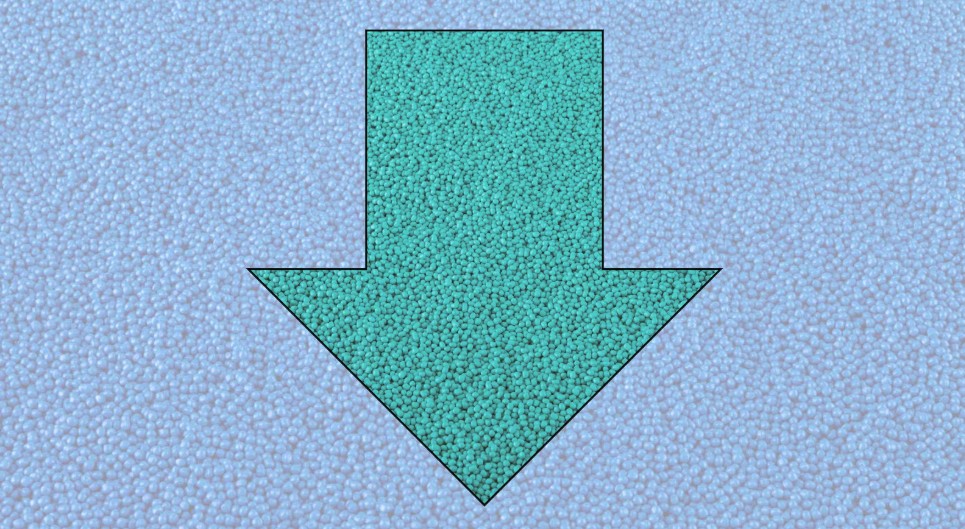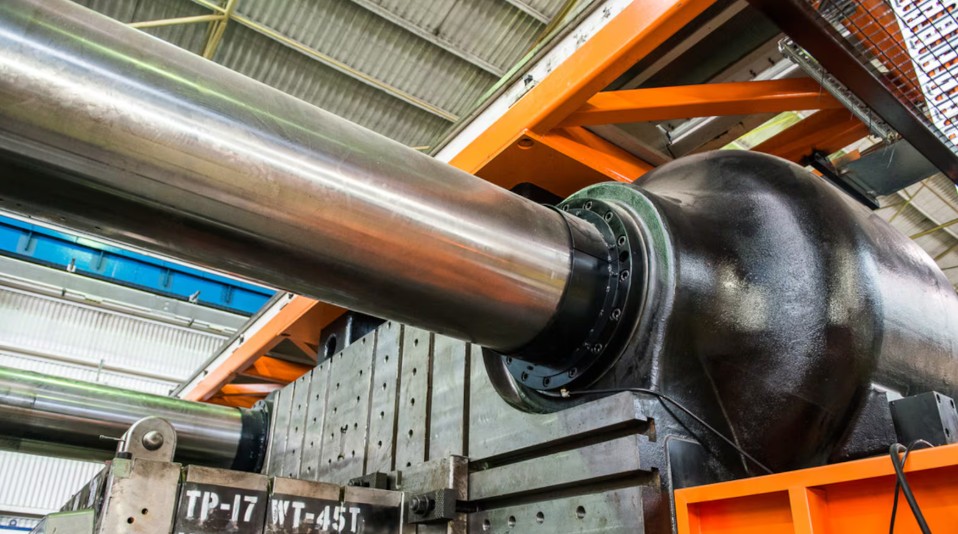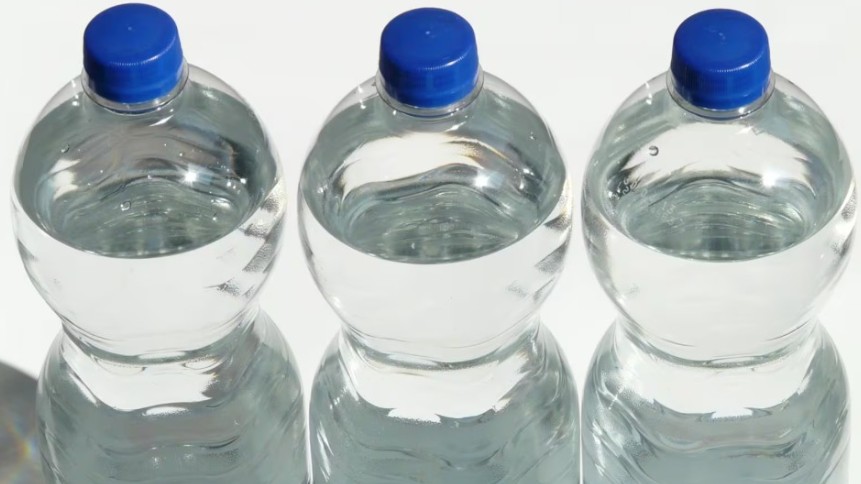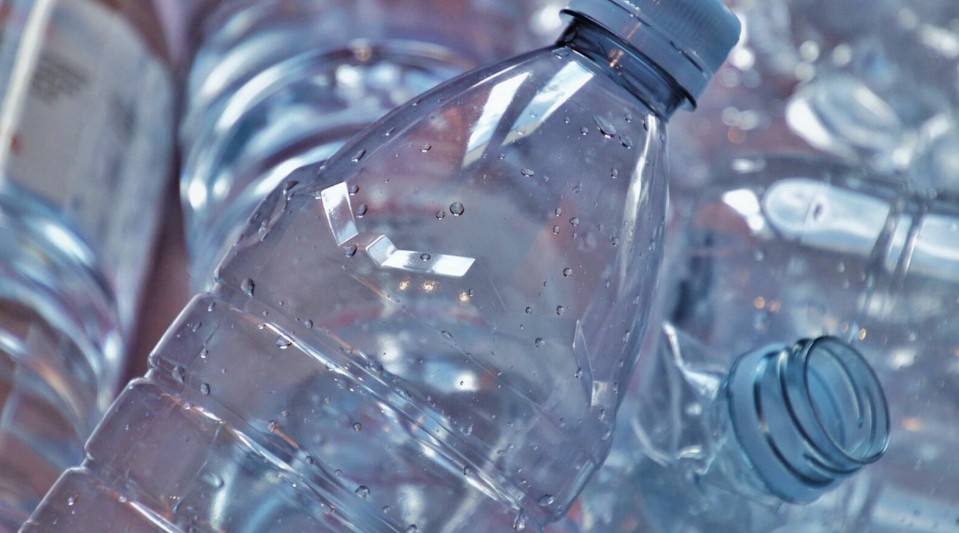Market trends
Taiwan plastics firms see gains in China-US trade war
작성자 : Aeyoung Park
2018-08-20 |
조회 : 4230
Taiwanese equipment makers are capitalizing on the emerging U.S.-China trade spat, but may be hurt if the disagreement lingers, executives said on the first day of Taipei Plas.
"Taiwan is actually the beneficiary of this trade war, because if the U.S. increases the tariff on machinery imported from China, it means Taiwan machinery is going to be even cheaper [for U.S. buyers]," said Larry Wei, president of extrusion machine maker Fong Kee International Machinery Co. Ltd. and a board member of the Taiwan Association of Machinery Industry.
"Starting last year, we saw more and more Taiwanese machinery sold to the U.S. market," Wei said, with his firm seeing a 20-plus-percent jump in sales to the United States.
Larry Wei, president Fong Kee International Machinery Co. Ltd. and board member of Taiwan Association of Machinery Industry |
In the short term, the combination of 25 percent U.S. tariffs on Chinese plastics equipment, which started July 6, and the favorable business reaction to President Donald Trump's policies are fueling stateside demand for Taiwanese production equipment, said Alan Wang, chairman of TAMI's plastic and rubber machinery committee.
"Our machinery sales to the United States actually have increased," he said.
But executives fretted over longer-term impacts if the trade war dampens demand for new equipment, particularly in China, which is Taiwan's largest export market for plastics equipment.
Wang noted that the mainland purchasing managers' index, a leading reflection of corporate confidence, took an ominous dip in May and June.
"[In] the long term, we think that [the trade dispute] might affect the willingness to invest," he said. Last year, Taiwan supplied almost five times as much plastics equipment to China as it did to the United States, TAMI said.
In the plastics world, Taiwan definitely punches above its weight. The small island with a population the size of Texas is the world's sixth-biggest exporter of plastics machinery, ranking behind only Germany, China, Japan, Italy and the United States.
Exports of Taiwanese plastics and rubber machinery jumped 12.8 percent last year to $1.17 billion, said TAMI Chairman Alex Ko.
Sales to mainland China grew a healthy 27 percent to $247.61 million, accounting for 21 percent of Taiwanese plastics machinery exports.
Taiwan has a strong focus on Asian developing markets. Sales to its second-biggest export market, Vietnam, edged up 2.3 percent to $139.5 million, followed by India, up 44 percent to $91.69 million.
Sales continued to grow in the first five months of this year, Ko said. China and Hong Kong imported $97.93 million in Taiwanese machinery, up 2.3 percent from the year-before period, followed by Indonesia and Thailand. But sales to India have dropped a sharp 24.8 percent.
Still, TAMI President Cheng-Ching Wang called on the industry to make a more concentrated effort to penetrate markets in the Middle East, Africa, South America and Eastern and Central Europe. Altogether, they represent less than 10 percent of Taiwan's exports, Wang said.
The candid trade-war assessments weren't the only geopolitical notes to creep into the usually apolitical trade-show talk.
Michael Wang, general manager of Chen Hsong Machinery Taiwan Co. Ltd. and vice chair of TAMI's plastic and rubber machinery committee, said his firm's once-thriving sales to Iran have vanished in the wake of the Trump administration's re-imposition of sanctions on Iran.
The trade show, which says it's Asia's third-largest plastics show behind Chinaplas and Japan's IPF, also will include a focus on beefing up Taiwan's Industry 4.0 next-generation manufacturing capabilities, executives said, although they acknowledged more research needs to be done locally.
"Take my company, Fong Kee, for example. Most of our sensors for our blow molding machines are imported," Wei said. "This is an area where we really need to catch up."
But executives noted some progress in making servo motors, a key component for all-electric injection molding machines. Taiwan now has two domestic manufacturers that can compete with foreign offerings.
"The situation has greatly improved compared to the last Taipei Plas [in 2016]," Alan Wang said.
Another highlight: stronger collaborations among the government, universities and companies to train engineers needed for the new world of smart manufacturing, said Bush Hsieh, managing director of Taichung-based blow molding machine maker Chumpower Machinery Corp. and a vice chair of TAMI's plastic and rubber machinery committee.
Chumpower has already worked with students on government-sponsored Industry 4.0 projects twice. "The [key performance indicator] will be whether these students are recruited," Hsieh said.
| Thomas Huang, executive director exhibition department, Taiwan External Trade Develop- ment Council |
Executives said plastics pollution is a particular concern in Taiwan, which has some of the strictest recycling laws in the world. Executives talked up savings on the production end, as electric injection molding machine use less energy than hydraulics and don't leak oil.
But much more research needs to be done on the recycling end, which is still too reliant on manual labor, they said.
"Separating PET caps and bottles must be fully automated," said Alan Wang. "Recycling technology needs to be upgraded."
Thomas Huang, executive director of the exhibition department of the Taiwan External Trade Development Council, called on resin makers to "focus on developing [formulas] so that the material can be better recycled and reused."
Taipei Plas runs through Aug. 19. Show organizers anticipate 18,800 visitors from around the world.

